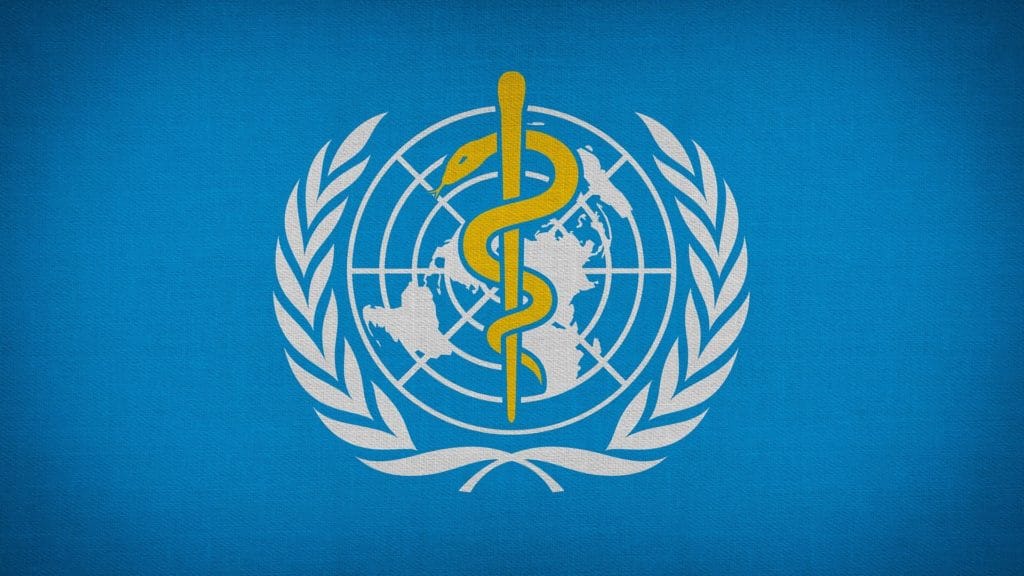If you want to learn all about healthy eating, what foods to eat and what foods not to eat.
This article will help you answer all the basic questions about healthy eating for adults and children.
Healthy eating is not about calorie control or endless diets.
A healthy diet is not about controlling calories or endless diets, but it is about eating a balanced diet that includes meat, grains, fruit, vegetables, and dairy products.
Proper nutrition strengthens the body and helps to prevent disease and ensures the growth and normal development of the child.
A healthy diet depends on the characteristics of the individual person, such as height, sex, age, lifestyle, and how active he or she is.
Correct education of children on healthy daily nutrition will lead to excellent results in learning, productivity, and good health throughout life.

Healthy foods to eat everyday
The most important thing in good nutrition is regularity.
You need to stick to a healthy diet from day to day, year after year.
And the results as better overall health will not belong in coming.
Healthy Foods for Adults
- Fruits, nuts, whole grains and vegetables.
- At least 14 ounces (0.53 kg) of fruits and vegetables a day. (Excluding potatoes, cassava, and other starchy ones).
- Consumption of free sugar should, in example, be less than 10% of your total energy intake per day.
For example (A person with a healthy body mass consumes an average of 2000 calories, then he can consume only 200 calories of sugar, well better not over 100 calories or 5% of his total energy intake per day).
Sugars are all sugars that are added to foods, carbonated drinks, and all sugars that naturally occur in fruit juices, honey, and freshly squeezed fruit juices.
Consumption of many fats should be only 30% of your total energy intake per day.
Only one teaspoon of salt or 1.7 ounces (64.26 g).
Healthy foods for infants and children
Proper nutrition for children is like that of adults, but the elements are also important for infants:
- During the first 2 years after birth, a healthy diet promotes healthy growth and improves cognitive development, and reduces the risk of being overweight later in life.
- Babies should be only breastfed for the first 6 months of life.
- From 6 months of age, it should supplement breast milk with a variety of safe and nutrient-rich foods. No sugar or salt should be added. (Requires medical advice).
Information taken from the official website of the World Health Organization.

Benefits of eating healthy
It is very difficult to make a quick transition to a healthy diet, so you need to add healthy foods to your daily diet gradually.
However, the benefits of regular healthy eating are so great that they compensate for all the problems that may arise along the way when you switch to healthy eating.
One benefit is a slim and beautiful figure.
With the help of a proper daily diet, you can easily lose excess weight, without exercise and going to the gym.
Also, your body will get the necessary elements and vitamins. It will improve the condition of your skin, nails, and hair.
Through proper nutrition, you will get high productivity and forget about fatigue.
After a complete change in your regular diet, you will get rid of heartburn.
And finally, you’ll enjoy life more, thanks to better overall health.

Healthy eating tips
Try to follow the healthy eating tips described below.
Following these dietary rules is the key to a normal weight and the prevention of many diseases, including cardiovascular disease and diabetes.
Fruits and Vegetables
Eat at least 14 ounces (0.53 kg) or five servings of fruits and vegetables a day.
This tip reduces the risk of NCDs and provides a daily balanced intake of dietary fiber.
Always include vegetables in a meal. Eat fresh fruits and raw vegetables as a snack.
Fats
Consuming less fat is also very helpful in reducing the risk of NCDs.
The intake of all fats should be no more than 30% of your total energy intake per day.
We can reduce the consumption of fats by steaming or boiling instead of frying.
You should also limit the consumption of doughnuts, cakes and waffles, and other products that contain industrially-produced trans-fats.
Salt, Sodium, and Potassium
Most people around the world consume a lot of sodium through salt.
High sodium intake and inadequate potassium intake increase blood pressure, and this increases the risk of heart disease.
According to the World Health Organization, reducing salt intake to even 1.5 ounces (56.7 g) per day could prevent 1.7 million deaths each year.
You can reduce your salt intake:
- By limiting the amount of condiments and salt high in sodium (soy sauce, fish sauce) when cooking.
- You can also remove salt and different sauces high in sodium from the table.
- Minimize the consumption of salty snacks with high sodium content.
- Choose foods with minimal salt content when shopping.
- Potassium intake will mitigate the negative effects of blood pressure.
- Potassium is found in fresh fruits and vegetables.
Sugar
Consumption of large amounts of free sugars in both adults and children is a very serious worldwide problem.
The World Health Organization recommends 5 to 10 teaspoons of free sugar per day.
No more than 10% of total energy intake per day.
(A person with a healthy body mass consumes on average 2000 calories, he can consume no more than 200 calories of sugar, well better not more than 100 calories or 5% of the total energy intake per day).
Consumption of free sugar increases the risk of caries (tooth decay).
Over (26%) adults in the United States have untreated tooth decay.
Foods and beverages high in free sugar have excess calories.
Which contributes to unhealthy weight gain and visceral fat (belly fat).
This will subsequently lead to overweight and obesity.
A recent study shows that free sugar affects blood pressure and serum lipids.
Reducing free sugar intake reduces the risk of cardiovascular disease.
Fortunately, sugar intake can also be reduced by:
- Limiting your consumption of carbonated beverages and foods with lots of sugar.
Such as candy and sugary drinks. - Consuming fresh fruits and raw vegetables as snacks instead of the usual sugary snacks.
If you start taking all the things in this article, you will eventually improve your health and get your weight in order.



